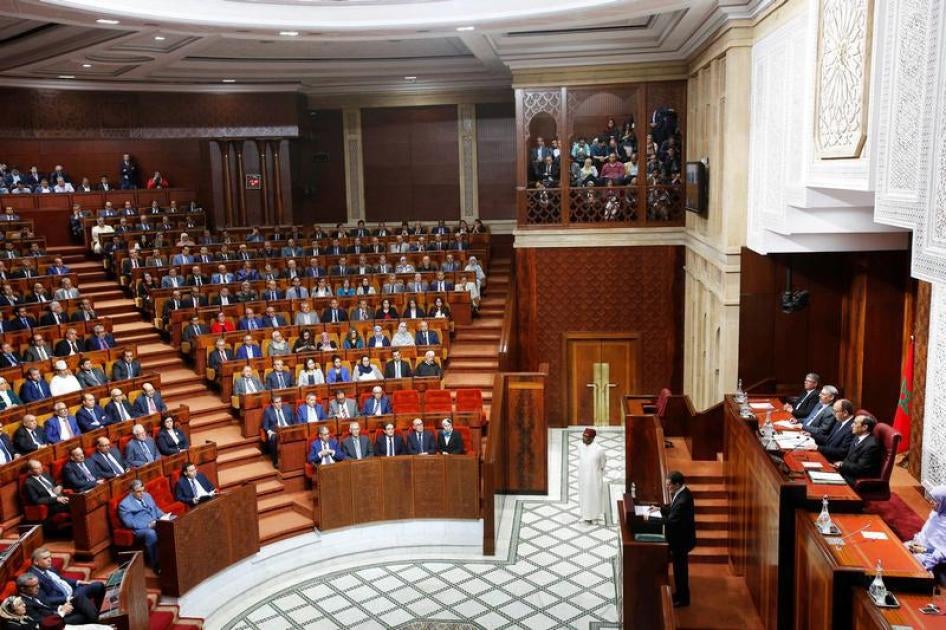Morocco’s new government, announced by King Mohammed VI on April 5, includes a Human Rights Ministry that was abolished in 2002 after operating for a decade. It adds to an array of state and government human rights entities that includes the Interministerial Delegation for Human Rights, a National Human Rights Council (CNDH), and a human rights “Mediator.”
Meanwhile, Morocco has been muzzling the activities of independent nongovernmental organizations that are dedicated to defending human rights. Since 2015, authorities have blocked scores of events organized by the biggest and most outspoken nationwide rights group, the Moroccan Association for Human Rights. Other organizations, such as the Coordination for Maghreb Human Rights Organizations, have seen their activities hampered by the administration’s refusal to accept documents they are required to file.
In 2015, authorities expelled two Amnesty International researchers and has since refused to give that organization unfettered access to conduct investigations – something Amnesty International previously had. In the same year, authorities ordered Human Rights Watch to “suspend its activities” in Morocco, accusing it of bias and under-reporting the country’s progress on rights. That suspension order remains in effect. Morocco routinely turns back delegations of Spanish and other European citizens at El-Ayoun airport when they come to examine human rights conditions in Moroccan-controlled Western Sahara.
Meanwhile, the patterns of abuse continue: authorities repress peaceful demonstrations, most systematically in Western Sahara. Defendants in politically charged cases are jailed after unfair trials, based on their supposed confessions to the police. Defaming state institutions, insulting the king, and homosexuality remain offenses punishable by prison.
There is nothing objectionable about a Ministry of Human Rights, or any other official human rights body. Morocco’s National Human Rights Council in particular has done much to raise public and official awareness of problems and to alleviate them in some instances, notably with respect to the plight of sub-Saharan migrants. But reviving a Ministry of Human Rights at a time when the government is impeding independent rights watchdogs brings to mind George Orwell’s 1984, and its ministries of truth and of peace.
Morocco, if it is serious about embracing international human rights values, should welcome the scrutiny of international and home-grown rights groups.









